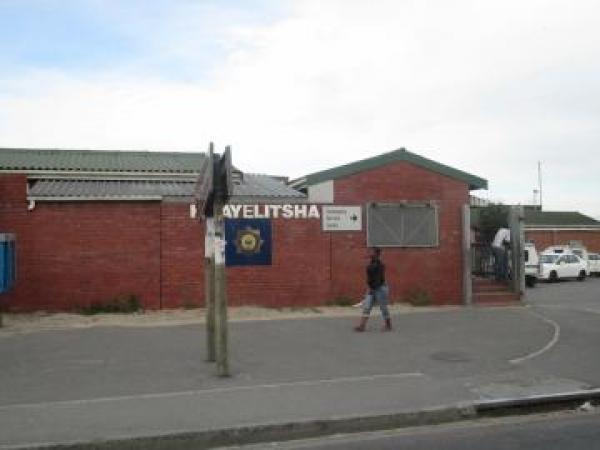Understanding the Khayelitsha Commission of Inquiry

The Commission of Inquiry into policing in Khayelitsha starts today. Here’s a quick and simple guide to it.
The Commission was established by the Premier of the Western Cape, Helen Zille, in August 2012. It was announced in response to complaints from various NGOs and civil rights bodies about policing in Khayelithsa.
The Commission will investigate the alleged inefficiencies of the policing in Khayelitsha, and the breakdown in relations between the community the police in Khayelitsha.
The Commission will investigate all policing activities in the area. This consists of three SAPS stations as well as any mobile units that may have been involved in policing the area.
The legal basis for the Commission can be found in Section 206(5) of the Constitution, which says that a provincial government may appoint a commission of inquiry to investigate police inefficiency or a breakdown in police-community relations.
The Commission was formed in response to complaints from individuals and NGOs active in Khayelitsha. The NGOs primarily involved are the Social Justice Coalition, Equal Education, Free Gender, Ndifuna Ukwazi, the Treatment Action Campaign and the Triangle Project. They have stated that ineffective policing in the township gave rise to vigilante groups taking matters into their own hands and killing suspected criminals. Police crime figures indicate that there were 78 vigilante killings between April 2011 and April 2012.
The Khayelitsha Development Forum, an NGO with close links the ANC, opposes the Commission.
The Commissioners are Justice Kate O’Regan and Advocate Vusi Pikoli.
Justice O’Regan sat on the Constitutional Court for 15 years. Before that she was an associate professor at UCT. She is recognised as one of the finest legal minds in South Africa.
Advocate Pikoli is the ex-head of the Scorpions. He was suspended by then-president Thabo Mbeki and ultimately dismissed by his successor, interim-president Kgalema Motlanthe, even though the Ginwala Commission found that government had failed to substantiate the reasons given for the suspension, and that he should be reinstated. He is recognised for his independence and integrity which led to his clash with Mbeki and ultimately his dismissal.
The Commission was launched in 2012, and delayed for over a year. The delay was the result of legal action taken by Nathi Mthethwa, the Minister of Police, in a failed bit to halt the Commission. The Minister’s legal team argued that the Premier of the Western Cape did not have the legal authority to create a coercive investigation into policing.
The case was heard in the Western Cape High Court, where Mthethwa and the Security Sector Cluster lost the case. The Minister led an appeal in the Constitutional Court, which was also unsuccessful. The Security Sector Cluster’s application for the right to appeal was unsuccessful, allowing the Commission to start with public hearings as planned. The court held that without coercive powers, the Commission would be unable to fulfil its mandate.
Justice O’Regan, in discussing her aims with the Commission, said that her intention is not to assign personal or collective liability to any member or part of SAPS. Rather she aims to assist in improving policing in Khayelitsha. She says, “Both advocate Vusi Pikoli and I have agreed to participate in the Commission because we believe that all South Africans have a right to a secure and safe environment and that being free from crime is an important constitutional right.”
The Commission’s public hearings start in January. There are two phases. Phase One will run from 21 January to 22 February, during which time the Commission will investigate the two claims raised by the Premier, that of the breakdown in relations between the community and SAPS in Khayelitsha, and that of inefficient policing.
During Phase Two, 23-28 March, the Commission will gather input from experts on policing on the specific challenges faced by the police in Khayelitsha.
The findings of the Commission, as well as recommendations for improvements on policing in Khayelitsha, will be submitted to Cabinet. The report is due at the end of April. There will be time in early May for all parties to make final arguments.
A correction was made to this article. The list of NGOs primarily involved was edited. Also, more information was added on Advocate Pikoli.
Support independent journalism
Donate using Payfast

Don't miss out on the latest news
We respect your privacy, and promise we won't spam you.
Next: Police detain Zimbabweans for over 15 days
Previous: Is SAPS intimidating the Social Justice Coalition?

This article is licensed under a Creative Commons Attribution-NoDerivatives 4.0 International License.
